This No-Nonsense Guide To Weight Loss Could Be The Perfect Start To New Year
What's better than adapting to the apt weight loss guide for a healthy New Year.
Weight loss is something that we all crave for staying hale and hearty, irrespective of our age. As we try out various ways and our minds are often clogged with myths related to weight loss, most of these ways may not work. That gets worrisome and even more if you are an older adult.
In her latest book - ‘The Don’t Diet Plan’, author, nutritionist and weight management consultant Kavita Devgan lists down practical ways of weight loss. She also shatters the myth that to lose weight you need to starve, follow fad diets, unscientific ways, techniques or machines or pills. “It is painless and not at all complicated to lose weight if you have the right information and you know the right rules to do so. Weight loss need not be a punishment at all,” says Devgan who shared with Silver Talkies simple and natural strategies to weight loss that have worked over the years.
According to Devgan, weight loss is something that’s very individual. “You must understand that the way your body will respond to the particular regime that you are following will be very different from that of anyone else. You’ll have to understand what works for your body. A lot of factors matter here. Gender matters as men lose weight differently as compared to women, younger people loose weight in a different manner when compared to older people. Depending on the age group you are in, you will have to modify the process,” she says.
Weight loss and older adults
What are things that are different for older people when it comes to weight loss? They definitely need to keep more patience than those who are younger. The body will respond but a little more slowly, believes Devgan.
Golden rules of weight loss for older adults
Fix your attitude right: “Your attitude and mindset is important. A lot of older people tend to believe that I am old so it is okay to be overweight as it is slightly difficult to lose weight fast for them. They need to shake this mindset. Everyone can lose weight and everyone’s pace is different,” says Devgan.
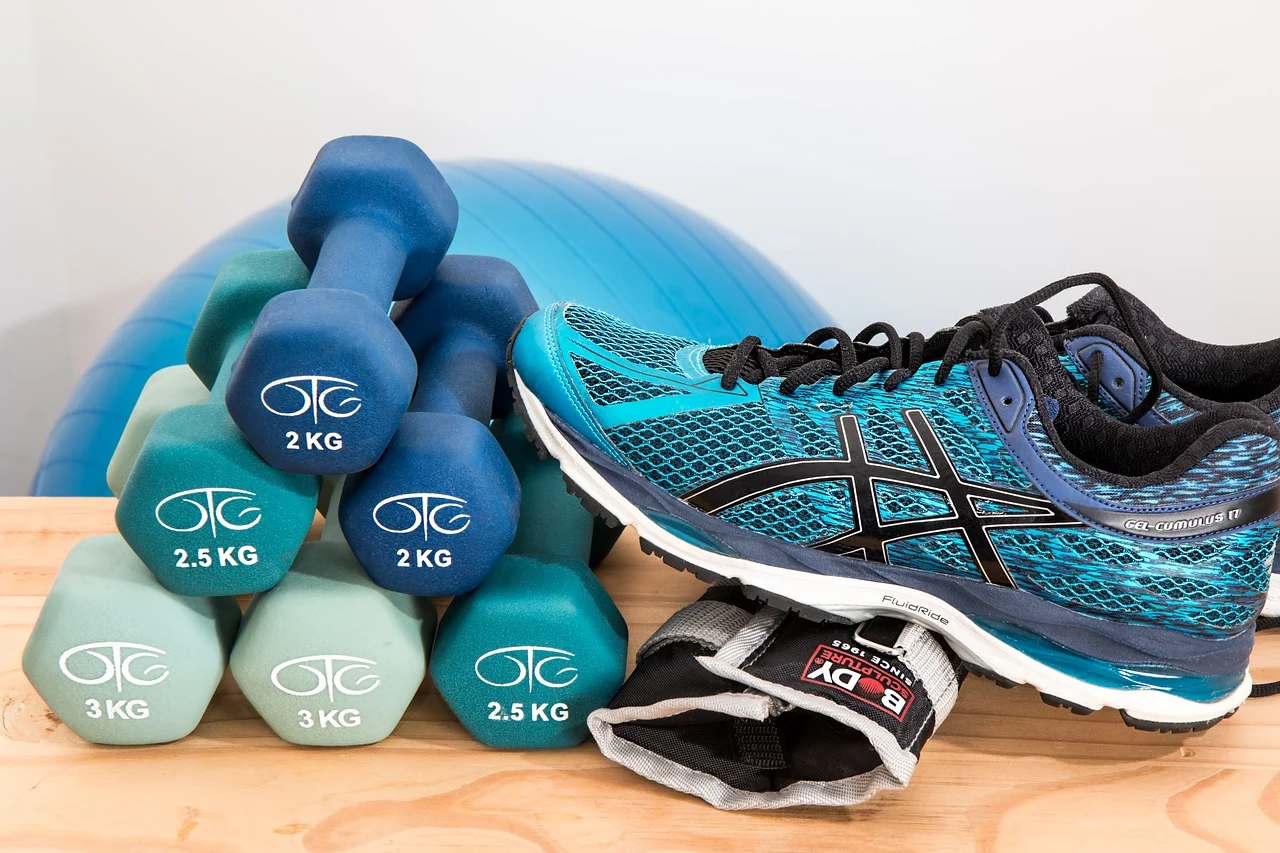
Opt for exercise that’s appropriate for you: Exercise has to be very different as you keep growing older... When you are in your 50s or 60s, along with some cardio, you need to add strength training as well. Why? Because your muscular tone and metabolism are going down with age and some strength training will enhance that. Walking regularly is great but you can add a strength training component to it to make it better for your body. some strength
Do not exercise at a stretch: In order to get the best weight loss outcome, you must not exercise at a stretch, say for an entire hour and half or more. You split it into two sections of half an hour each or even three sections of 20 minutes each throughout the day. Also, figure out your exercise personality and choose an exercise that you enjoy. For example, if you’re a social person and you are asked to go for solitary walks or do yoga, you might not be able to sustain that. You may enjoy doing a group fitness class instead.
Get open to exercise variety: Variety in exercise is also important. With variety you won’t get bored and will make use of the various muscle groups of your body making it more fruitful for weight loss.
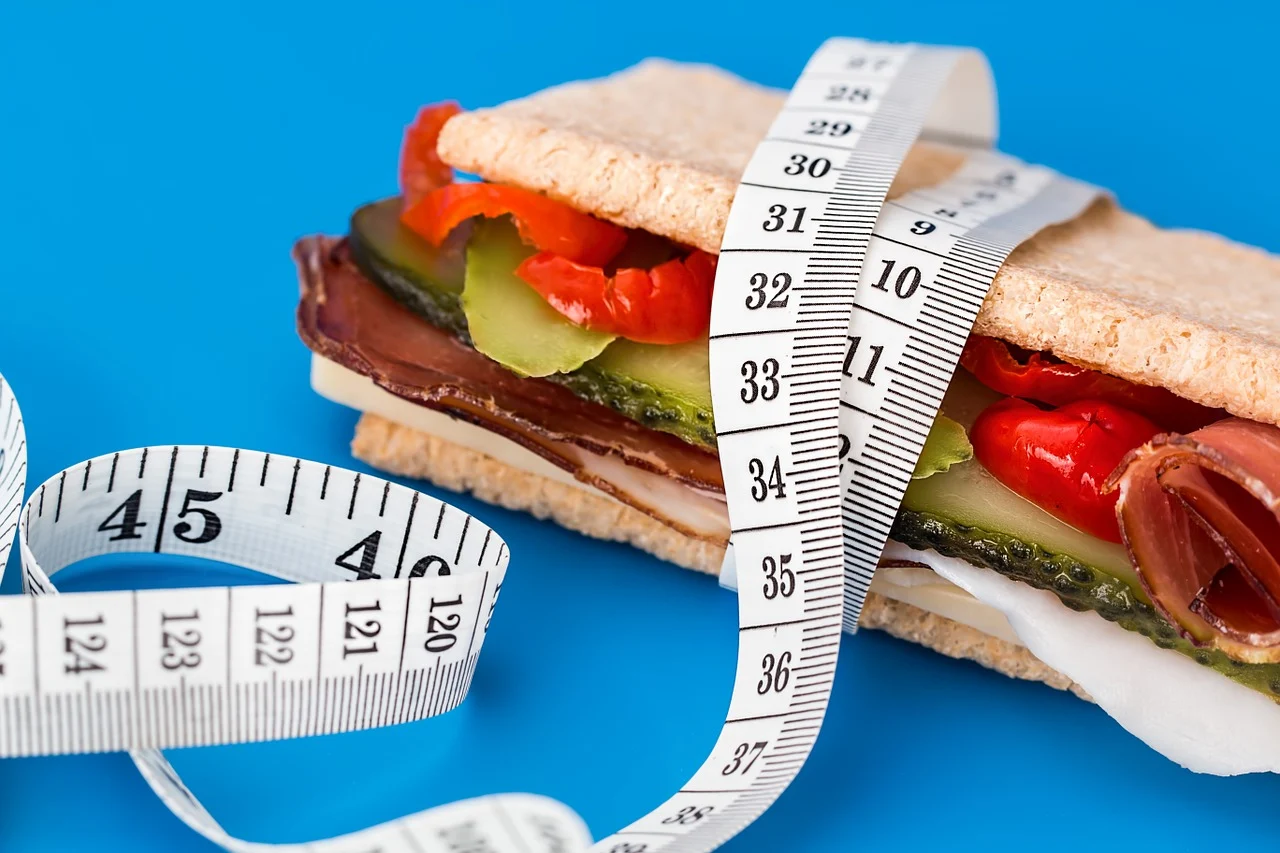
Pay attention to the food you are consuming: All nutrients are very important for weight loss. For women particularly, calcium and iron are extremely important at all age groups. If you’re deficient in iron there are enough studies that show that you put on a lot of weight.
Including Vitamin D and Magnesium are a must: Vitamin D and Magnesium are two extremely important nutrients for weight loss which are not spoken about quite often. Especially when you cross your 40s and come to the 50s. You need to check Vitamin D counts regularly, take supplements and step out into the sun for sometime during the day. Magnesium is a very important weight loss mineral as it helps to amp up our metabolism which tends to dip as we age.
Your protein intake must be prompt: You must have a very solid focus on the protein intake as you get older. You have to keep checking if you are having enough protein every day. A simple formula is to have 1 gram of protein for 1 kg of your body weight every day. If you are 60 kg, you must eat 60 gms of protein.
How do you do that? Make sure there’s at least one protein source in all the three meals you take in a day. It could be both a vegetarian and non-vegetarian source of protein. For breakfast, it could be eggs, dhokla, cheela or kala chana chaat. For lunch, there should be one big chunk of protein - could be daal, chicken, fish or egg, or curd. Then again add another one protein source for dinner. In addition, one out of the two snacks you take - one in the mid-morning and one in the evening—should be protein. It could be one katori of Greek yoghurt or regular yoghurt with some chia seeds in it or a bowl of sprouts chaat. “In case you feel your energy lacking or you are going for an extra hour of exercise, you can add another protein snack,” says Devgan.
Eat right portions: “Always remember food is your friend. For everyone, different food will be required at different stages of life. Ideally, there’s no food that needs to be completely removed from your diet. Just be mindful of the right portions you eat, and eat more of the good food and less of the food that doesn’t do so much good for your body. However, always consume natural foods and not the ones that come out of packets and cans.”
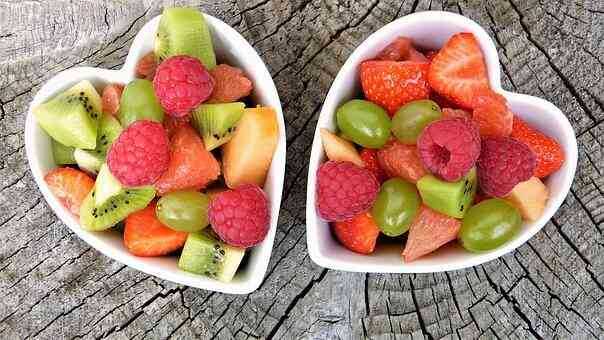
Do not count the calories and be mindful of nutrition: “When you are looking at food please don’t calculate how many calories it is going to give you. Only understand how much nutrition it would give you and how good it would be for you. Don’t get obsessed about calorie counting and that way you will be able to choose good food,” she suggests.
All About Glycemic Index, Glycemic Load & Fullness Factor
What's the glycemic index (GI)? It is the rate at which the food increases the blood sugar in your body. However Glycemic load (GL) goes a little deeper and gives you a more detailed picture in terms of the fibre count that the food produces in your body alongside giving the blood sugar count, which basically neutralises the high sugar count of a particular food. Thus, it basically tells you how a food reacts inside your body.
Devgan points out: “GL is a better indicator than GI but the problem is that they only rate carbohydrate-based foods. Devgan says that Fullness factor is a new scale dieticians use which is more scientifically driven and well-researched. It rates all kinds of food, be it protein, carbs, high or fat foods. The Fullness factor index tells us how long a particular food will keep you full which is actually the key to crack weight loss. “When a food keeps you full for longer, consciously, you eat less and that helps in weight loss.”
Keep an eye on loss of appetite: As we grow older, our hypothalamus (The hypothalamus is a portion of the brain that contains a number of small nuclei with a variety of functions. One of the most important functions of the hypothalamus is to link the nervous system to the endocrine system via the pituitary gland) gets a little more desensitised. The thirst and hunger signals get muted. This could also lead to dehydration issues. It is important for older adults to make sure they are eating in appropriate quantities. “If you eat less your metabolism drops and you aren’t getting enough weight loss nutrients. You may eat smaller portions but have to keep eating all day,” says Devgan.
Remain hydrated always: Hydration is very important as every enzyme in our system requires water to function properly. The efficiency of every single cell, organ and enzyme will drop with less water. Your metabolism becomes sluggish with less water and your chances of gaining weight increases. Hydration is primarily water and anything additional is a bonus. You could have naturally flavoured water, veggies and fruits with a high count of water. You can’t count coffee cups or tea cups as water as caffeine makes you excrete more and dehydrate. No aerated drinks or processed drinks are included.
Weight loss and importance of raw and fermented foods in your diet
Raw foods and fermented foods are two easiest ways to gain more health, believes Devgan.
In our body, we have more than hundreds of enzymes that do different functions. The digestive enzymes make sure whatever we are eating we are absorbing the nutrients from it and not gaining weight. It also keeps insulin resistance in check. Because of our toxic lifestyle, the enzymes do not get replenished in our system due to stress eating, junk food eating and more. When a certain portion of your diet is eaten raw, these enzymes get replenished. When we eat everything cooked, the ability of these foods to replenish enzymes get restricted.
“Thirty per cent of your daily food should be raw. Two fruits, one-quarter plate of salad or green juice and a bowl of sprouts can meet that.”
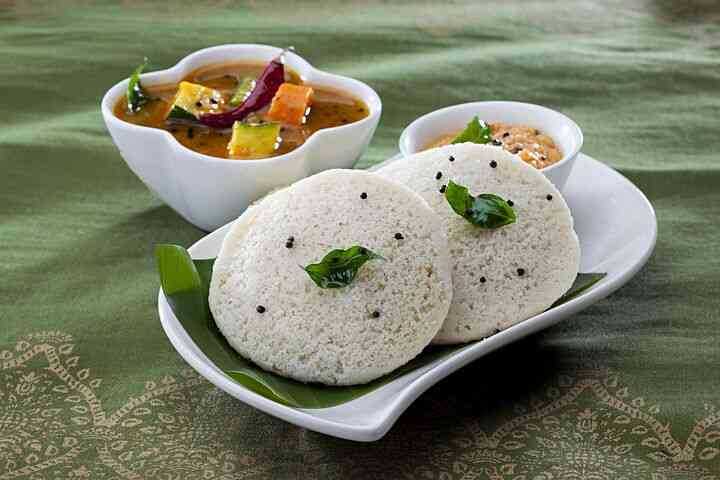
Toxic lifestyles and pill-popping make the good bacteria in our stomach shrink and bad bacteria increase to skew the balance. In order to make sure our gut stays well, we will have to make sure we provide good bacteria to our body through our diet in the form of probiotics. Fermented foods like Idlis and dosas are a great source of these probiotics.
Association of the mind with the food we eat
Follow one simple principle: When you eat, you simply eat.
“When we eat we are not doing just that, we do something else along with the process of eating. Either we are talking over the phone or our computer or television is on. That shouldn’t be the case and when we eat we should only focus on eating as that’s the only time when our mind registers the food we are eating. Unless that happens, the stomach will not be ready to perform its functions and the food won’t nourish us. That will impact our health. Spend your meal time mindfully and you will notice the difference within a week,” says Devgan.
If weight loss or the diet dilemmas have been bothering you, following these simple strategies can help you lose weight even in your silver years and help you in healthy ageing.
Featured image: Total Shape
Comments

Pallavi Mishra
27 Mar, 2023
This was an inspiring and a great blog. Really loved it. I am trying to lose weight myself and would say the journey was both a bit tough and successful. By the way, I recently tried a product that has helped me lose a little more than a pound of weight in just a few weeks. You can learn more about that product by going over to https://bit.ly/reduce-weigh
You may like to read:
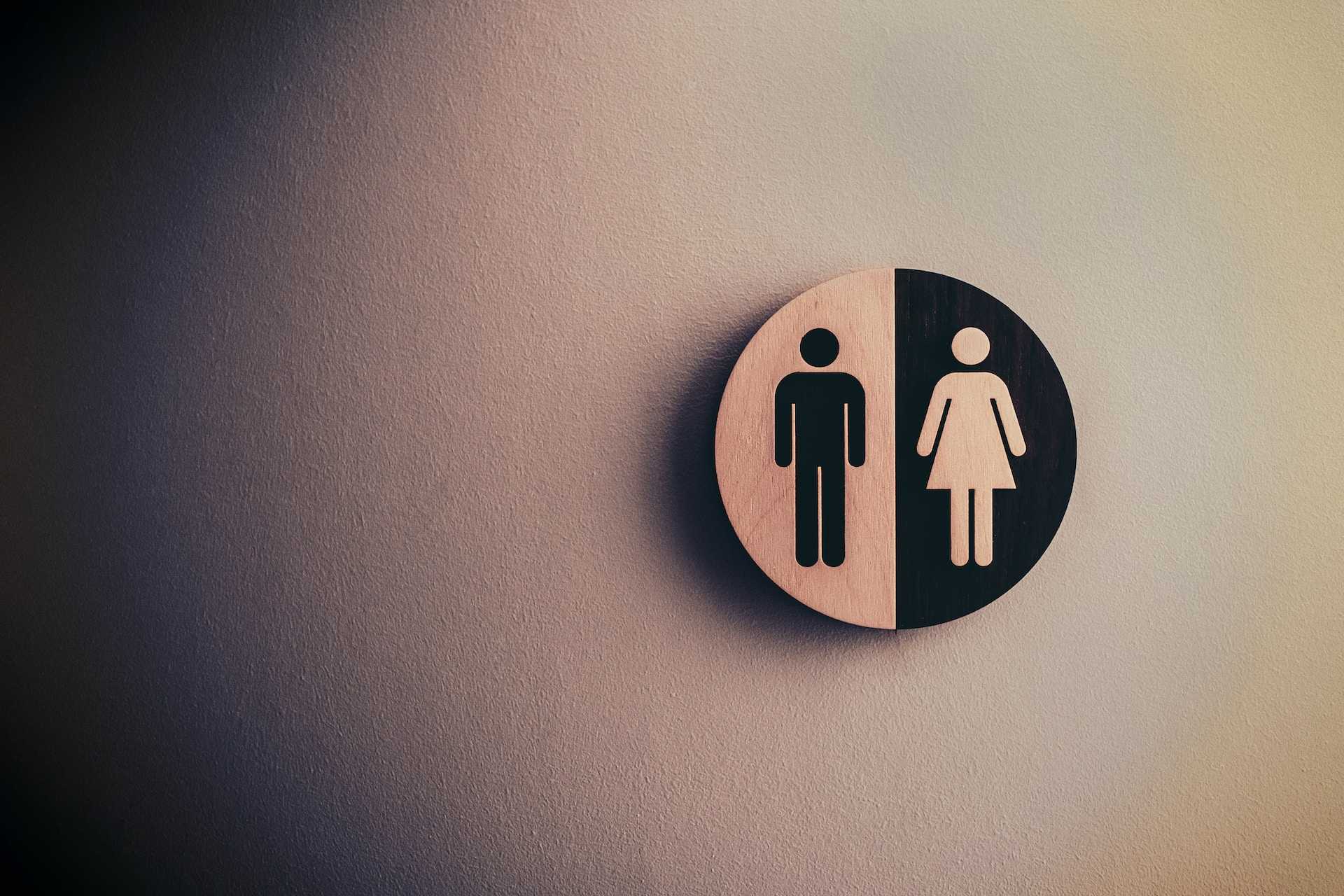
Health and wellness
Five Lifestyle Changes To Ease Bladder Control

jessica smith
5 mins read
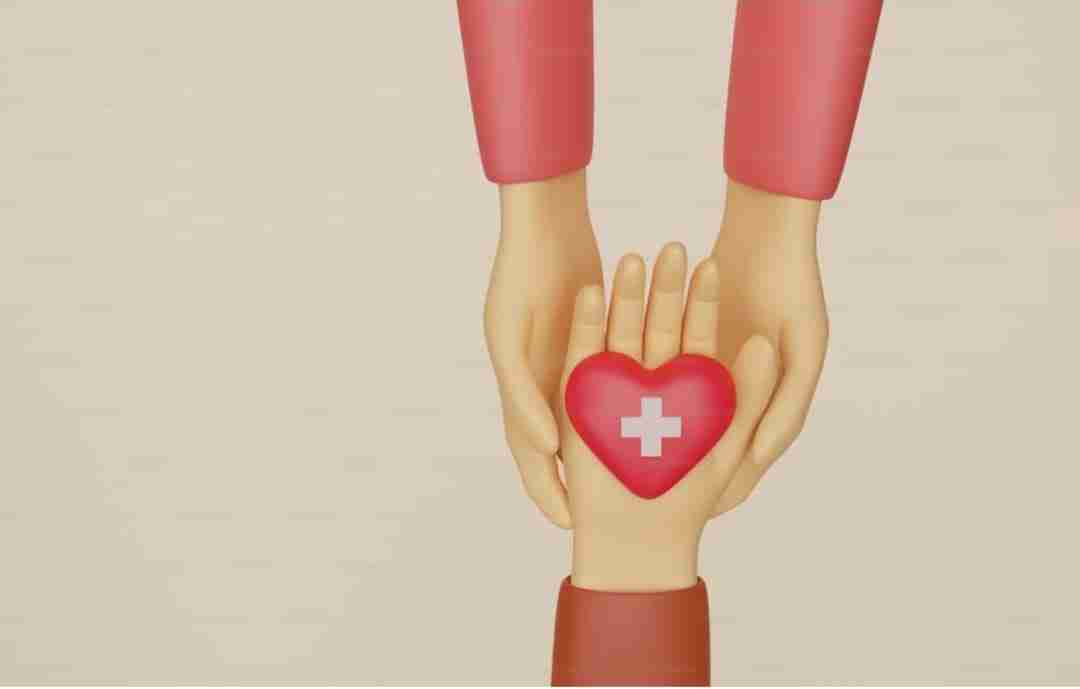
Health and wellness
Five things to keep in mind when considering organ donation
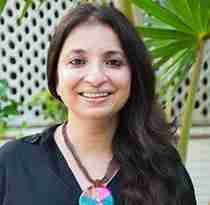
sunayana singh, ceo of organ india, an initiative of the parashar foundation
3 mins read

Health and wellness
How NURA Uses AI-Enabled Screening to make a difference in Preventive Healthcare

Silver Talkies
4 mins read

Post a comment